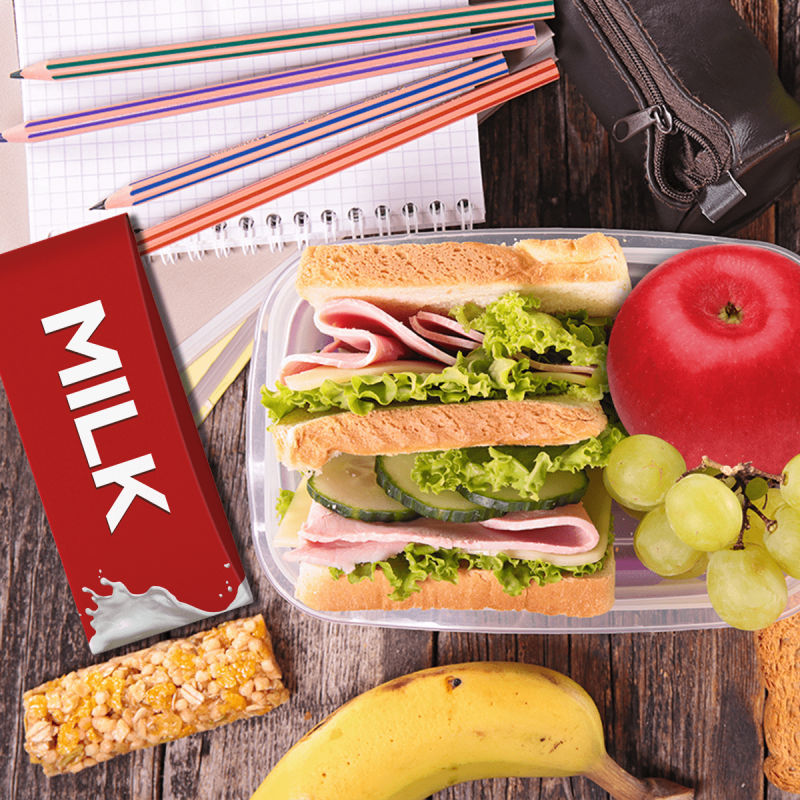Parents always want the best for their children. They want to see their children excel in school and participate in healthy physical activities such as sports. However, today’s children face many challenges throughout their school lives, including learning five to six subjects and participating in extracurricular activities and sports.
Children start the day full of energy, but the mental and physical demands of school can deplete their energy levels within hours. A recent survey of 300 Pakistani women conducted by Four Corners Group Private Limited found that 73% of children often complained of feeling tired after school holidays. This decrease in energy has a negative impact on learning and participation in school activities.
Proper nutrition during school holidays can help prevent such slumps during class. “School meals are critical to children’s nutrition and academic performance,” says nutritionist Dr. Aisha Abbas. A balanced diet during this period lays the foundation for academic success by maintaining children’s energy levels and preparing them for today’s demanding school environment.
Dr. Abbas recommends parents provide their children with a balanced lunch that includes a combination of macronutrients such as protein, carbohydrates, and healthy fats. Carbohydrates serve as the body’s main source of energy and increase mental focus. Protein keeps your child feeling full longer, stabilizes blood sugar levels, and prevents sudden drops in energy. Healthy fats are essential for cognitive function and support memory, concentration, and learning. A combination of all three macronutrients is essential for children to function well in school. A chicken sandwich or kabab, fruits and vegetables like apples, carrots, cucumbers, and a handful of nuts along with milk are the basics of a macro-rich lunch.
Decades of research have shown that milk is one of the most important foods children can consume during school lunch breaks. A study conducted by Vietnam’s Institute of Nutrition found that milk consumption had a positive impact on students’ memory and physical growth. Another study conducted by the Korean Nutrition Association established a link between milk consumption at school and improved academic performance and motivation to learn. Therefore, in the United States, United Kingdom, Europe, China, and Turkey, milk is given to students during school breaks through government programs.
“In today’s fast-paced world, we are always looking for convenient and nutritious options to feed our 9-year-olds for school lunches,” says mother Mariya.
Parents may struggle to ensure milk intake during school, but one of the easiest solutions is to add flavored milk to your child’s lunchbox. 96% of survey respondents believe flavored milk is the ideal drink for children’s school lunch boxes. Olper’s flavored milk is a convenient way to improve the nutrition of your child’s lunchbox. We have added vitamins and calcium to create a taste that children will love, while retaining the goodness of milk.
By filling your lunchbox with carefully selected nutritious snacks and Olpers flavored milk, your child will be able to enjoy a balanced intake of essential nutrients. Parents can ensure their children’s performance in school and extracurricular activities by providing essential nutrition when they need it most. When good nutritional habits ease a child’s daily tasks, lifelong success is guaranteed.
This content is a paid advertisement by Friesland Campania and is not associated with or necessarily reflects the views of Dawn.com or its editorial staff.

